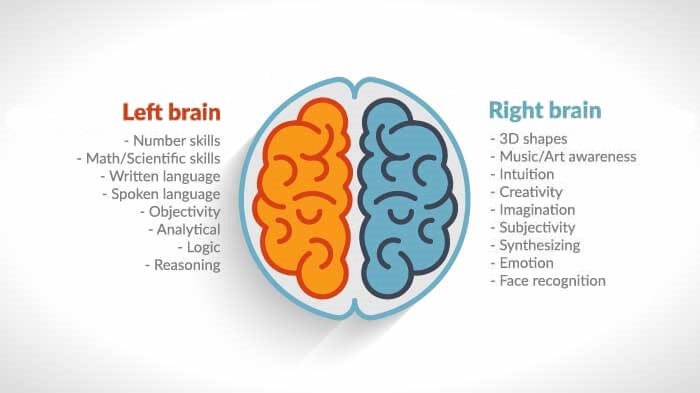In recent years, the intersection of neuroscience and psychotherapy has led to groundbreaking discoveries that are reshaping our understanding and approach to mental health treatment. By delving into the intricacies of the brain, neuroscience provides valuable insights into how psychotherapy works and how it can be optimized to better address mental health challenges. Let’s explore some key lessons that neuroscience can teach us about the relationship between mental health and psychotherapy.
1. Neuroplasticity and Healing: Neuroscience has revealed the remarkable plasticity of the brain—the ability of neural circuits to reorganize and adapt in response to new experiences. This concept is particularly significant in the context of psychotherapy, as it suggests that therapeutic interventions have the potential to induce lasting changes in brain structure and function. Through techniques such as cognitive-behavioral therapy (CBT), mindfulness-based interventions, and psychodynamic therapy, individuals can harness the brain’s plasticity to promote healing and resilience.
2. Regulation of Emotions: Emotion regulation is a fundamental aspect of mental health, and neuroscience sheds light on the neural mechanisms underlying this process. Research has identified key brain regions, such as the amygdala, prefrontal cortex, and insula, involved in emotion regulation. By understanding how these regions interact and how they can be modulated through therapeutic techniques, psychotherapists can help individuals develop more adaptive ways of coping with difficult emotions, reducing symptoms of anxiety, depression, and other mood disorders.
3. Rewiring Maladaptive Patterns: Many mental health issues stem from maladaptive patterns of thinking, feeling, and behaving that become ingrained in the brain over time. Neuroscience offers insights into how these patterns are formed and maintained, as well as strategies for rewiring them through psychotherapy. By targeting specific neural circuits associated with maladaptive behaviors, therapists can help individuals break free from destructive cycles and develop healthier patterns of thought and behavior.
4. Enhancing Self-Awareness: Self-awareness is a cornerstone of effective psychotherapy, and neuroscience provides tools for enhancing this essential skill. Techniques such as neurofeedback and biofeedback allow individuals to observe and regulate their own brain activity in real time, providing valuable insights into their emotional states and cognitive processes. By increasing self-awareness, individuals can gain greater control over their thoughts and emotions, leading to improved mental health outcomes.
5. Integrating Mind and Body: Neuroscience highlights the interconnectedness of the mind and body, emphasizing the importance of holistic approaches to mental health care. Techniques such as mindfulness meditation, yoga, and breathwork have been shown to have profound effects on brain function and mental well-being. By integrating these mind-body practices into psychotherapy, therapists can help individuals cultivate greater awareness, resilience, and self-compassion.
In Part 2 of this series, we will further explore the implications of neuroscience for psychotherapy, including the role of interpersonal relationships, the neurobiology of trauma, and emerging therapeutic modalities informed by neuroscience research. Stay tuned for more insights into how neuroscience is shaping the future of mental health treatment.

